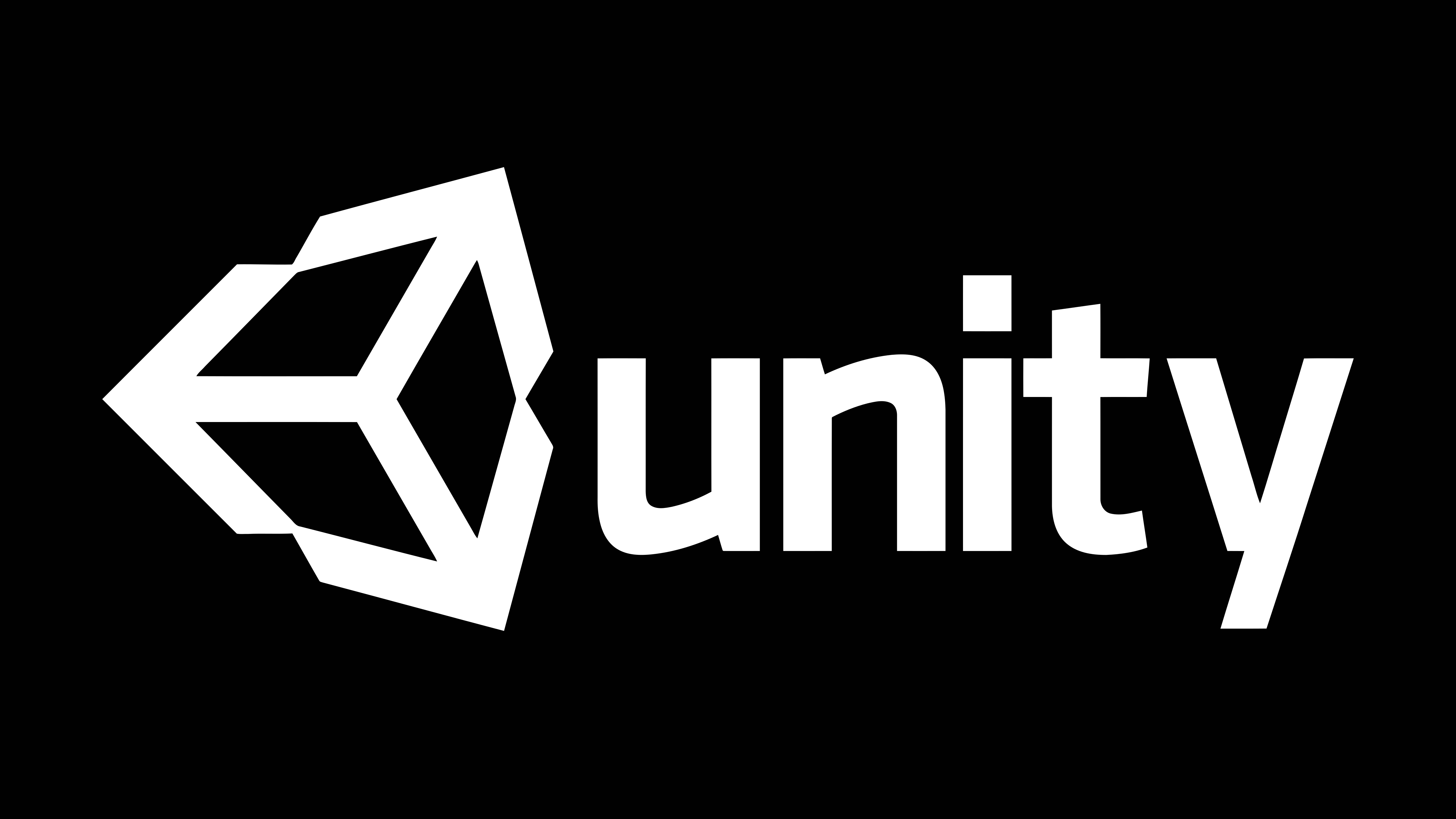

- UNITY WEB PLAYER CHROME UPDATE
- UNITY WEB PLAYER CHROME CODE
- UNITY WEB PLAYER CHROME DOWNLOAD
- UNITY WEB PLAYER CHROME WINDOWS
UNITY WEB PLAYER CHROME DOWNLOAD
You can set multiple files to download at once. These shortcut buttons save you a lot of time, and you can download them at a reasonable speed equal to at least your regular internet speed. Without the add-on you’d have to copy the direct link and past it on the website. Once you’ve gone through the installation process for the Helper add-on, you’ll see a download button displayed near any media that’s on your screen. The website requires more effort but is a safer option with fewer advertisements displayed. The add-on isn’t resource-heavy but has been added to the adware category on many sites due to its vast amount of unwanted ads that are displayed. Without this, you’ll need an alternative application on Chrome before you start downloading files.

The demo exploit then parses the list and proceeds to download individual email messages.To have this extension work on Chrome you’ll need another add-on called Chameleon, which enables the option to run the Opera browser add-ons. The browser loads the target user’s email list (about 12 kB) and posts it back to the attacker. After the application is loaded and the plugin has checked for updates, it accesses a URL on the “attacker site” and gets a 301 redirection to. The screencap below shows Firefox’s Network Monitor when running our demo exploit. However, Unity Web Player allows the redirect because it erroneously bases its evaluation on the user:password part of the URL which is identical in both URLs (“x:y”).
UNITY WEB PLAYER CHROME CODE
which could return a HTTP redirect status code (301, 302, 307) and a Location: header pointing at redirect should be denied as it points to a different domain. A malicious app loaded from could access a URL from e.g. These policies can be extended with crossdomain.xml files.Ī specially formatted URL in a HTTP redirection can be used to bypass these restrictions. The Unity Web Player plugin implements the normal cross-domain policies: an application running on a website can only access resources (URLs) on the same website, not other websites nor the local file system. However on Chrome, NPAPI plugins have been disabled by default since version 42 (April 2015). We’ve constructed a Facebook branded Unity Web Player installation flow, showing potential players that Unity Web Player is endorsed by Facebook, a brand they know and trust.Īs an NPAPI plugin, Unity Web Player has been available for all major browsers. One of the initial barriers to entry when using Unity is the installation of the browser Unity Web Player plug-in. Facebook “endorses” the plugin and has an API for embedding Facebook features in games: In 2013 the company estimated the number of installs as over 200 million. Unity Web Player is a fairly popular plugin. Depending on the web browser and its version, the plugin may or may not start directly without confirmation. The attack can be carried out when the target user views a web page containing the attacker-crafted Unity app. When running on Internet Explorer, it’s also possible to read local files from the target user’s hard disk. For example, the application could download the target user’s private messages from Gmail or Facebook and quietly pass them to the attacker. The Unity Web Player plugin has a vulnerability which allows a malicious Unity application to bypass normal cross-domain policies and access any website with credentials of the current user.
UNITY WEB PLAYER CHROME WINDOWS
One of the target platforms is Unity Web Player, a web browser plugin for Windows and OS X.

UNITY WEB PLAYER CHROME UPDATE
Update 09 June, 2015: There is a new version of the Unity Web Player fixing the issue. If the app is loaded from a URL containing the user:password part, the dotless decimal trick is not required. Update 05 June, 2015: added some details and an online vulnerability test.


 0 kommentar(er)
0 kommentar(er)
